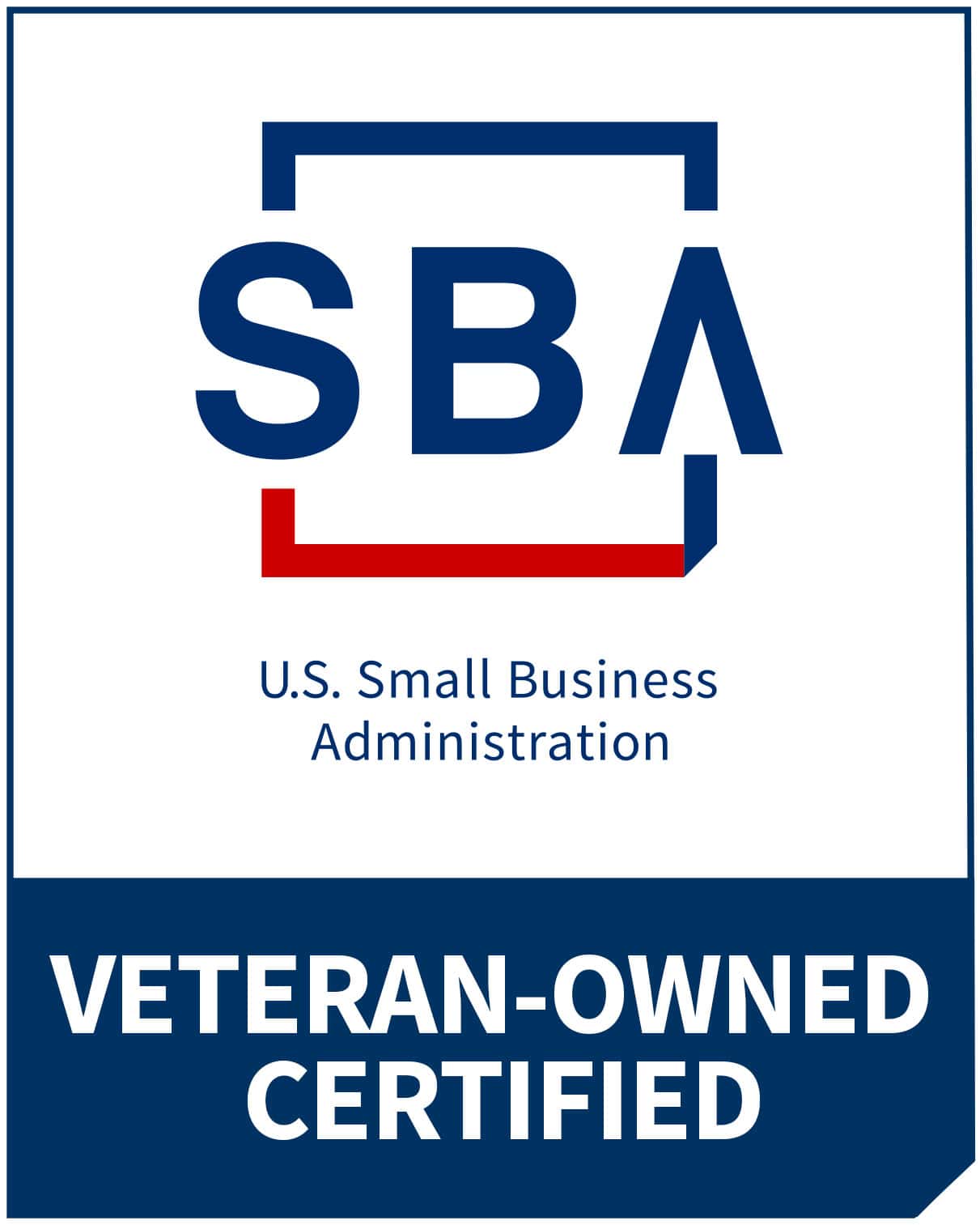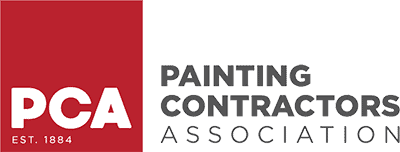Epoxy flooring is popping up everywhere, and for good reason! You’ve probably noticed it in garages, commercial spaces, or even sleek offices. But, have you ever wondered, “What is epoxy flooring, and why is everyone talking about it?”
Many business owners in Kalamazoo, MI, are catching on to the benefits of this flooring solution. They love how it combines beauty with durability while being easy to maintain.
Still, it’s normal to have questions: How does it work? Is it right for my business? If you’ve been thinking about upgrading your commercial space, this blog will clear up everything you need to know. Let’s explore what makes epoxy flooring the smart choice for businesses like yours!
Key Takeaways:
- This blog explores what is epoxy flooring, explaining its durability and suitability for various commercial spaces.
- Learn about different types of epoxy flooring, their uses, benefits, and potential drawbacks.
- Discover how epoxy flooring can enhance the look and functionality of retail stores, warehouses, offices, and more.

What is Epoxy Flooring?
Epoxy flooring is a type of synthetic resin floor system that’s applied over concrete surfaces. It’s more than just a coat of paint—it’s a multi-layered mixture of thermosetting resins that bond to your floor, creating a durable and seamless layer. Once it dries, it forms a hard, protective surface that resists wear and tear, chemicals, and stains. People often mistake epoxy flooring for simple epoxy paint, but here’s the deal: epoxy flooring is a blend of resin and hardeners, whereas epoxy paint is just, well, paint. Big difference!
What’s in Epoxy? Let’s Break It Down
To really understand what is epoxy flooring, it helps to know what it’s made of. Epoxy consists of a combination of hardeners and resins. This mix creates a strong, plastic-like layer that’s resistant to environmental damage—think air, water, dirt, and chemicals. There isn’t a one-size-fits-all solution when it comes to epoxy flooring; there are several types, including self-leveling, anti-static, terrazzo, and gravelled varieties. This allows us to tailor the flooring to fit your specific commercial needs.
Where Can You Use Epoxy Flooring?
The beauty of epoxy flooring is its versatility. Here’s how it can be used in different settings:
- Retail and Showrooms: Commercial spaces like retail stores and showrooms in Holland, MI love epoxy flooring for its clean, glossy look that’s easy to customize. A little sparkle goes a long way in making your products shine!
- Warehouses and Factories: Tough enough to handle forklifts and chemical spills, epoxy flooring is perfect for the industrial hustle. Plus, it’s low-maintenance, saving you time and money on cleaning.
- Offices and Workspaces: Epoxy floors add a sleek, modern feel to any workspace. Offices are becoming the go-to for durable, stylish flooring.
- Healthcare Facilities: Clinics, hospitals, and labs benefit from epoxy’s non-porous, bacteria-resistant surface. It’s a hygienic option that’s also easy to keep clean.
- Sports and Fitness Centers: Gyms and sports arenas appreciate the non-slip properties of epoxy, making it safe for heavy foot traffic and fitness equipment. A quick polish, and it’s game time!
Pros and Cons of Epoxy Flooring
Epoxy flooring comes with its own set of advantages and challenges. Here’s what you should know:
Benefits of Epoxy Flooring
- An economical choice for many commercial spaces.
- It’s great for areas exposed to spills or harsh cleaning agents.
- Designed to withstand heavy traffic and wear.
- From colors to finishes, epoxy flooring can be customized to match your brand’s vibe.
- Forms a protective barrier that shields your concrete from damage.
Drawbacks of Epoxy Flooring
- Proper surface preparation is key, which can be a bit time-consuming.
- Some finishes can be slippery when wet, but we can add slip-resistant additives.
- This isn’t a DIY job; it needs professional handling to get it right.
Types of Epoxy Flooring We Offer
What is epoxy flooring? Now that you’re sold on epoxy flooring, let’s talk options. What type suits your commercial space best? Here’s a quick rundown of the types of epoxy flooring:
- Self-Leveling Epoxy: Great for smoothing over old, uneven floors.
- Mortar Epoxy: The most durable, ideal for high-traffic areas.
- Gravel Epoxy: Unique textures for those wanting something a bit more eye-catching.
- Terrazzo Epoxy: Adds a decorative finish, perfect for high-end retail spaces.
- Anti-Static Epoxy: Designed for spaces with sensitive electronics, like labs and hospitals.
- Quartz-Filled Epoxy: Non-slip and highly durable—perfect for gyms.
How Long Does Epoxy Flooring Last?
One of the big questions: how long will your epoxy floor last? In commercial settings, you’re looking at about 5 to 10 years of life, depending on factors like traffic and maintenance. However, with proper installation and care (leave that to us!), it can last even longer. We’ve seen epoxy floors in places around Muskegon, MI hold up beautifully for more than a decade!
How Thick Should Epoxy Flooring Be?
Epoxy flooring thickness can vary depending on the specific needs of your space. Thickness ranges from 300 microns (0.01 inches) to 5mm (0.2 inches). High-traffic areas like warehouses will need a thicker coat, while offices can get away with a thinner layer. We’ll assess the condition of your concrete and traffic levels to recommend the best thickness for your epoxy flooring.
Is Epoxy Flooring Right for Your Kalamazoo Commercial Space?
Now that we’ve answered, “What is epoxy flooring?” it’s time to think about whether it’s the right fit for your business. It’s durable, easy to clean, and can turn any commercial space into a stylish, functional area. If you’re ready to transform your floors, give us a call at 616-303-5911 for a FREE estimate! Let’s talk about the best epoxy options for your space, pricing, and how to get started on a floor that’ll wow your customers for years to come.










